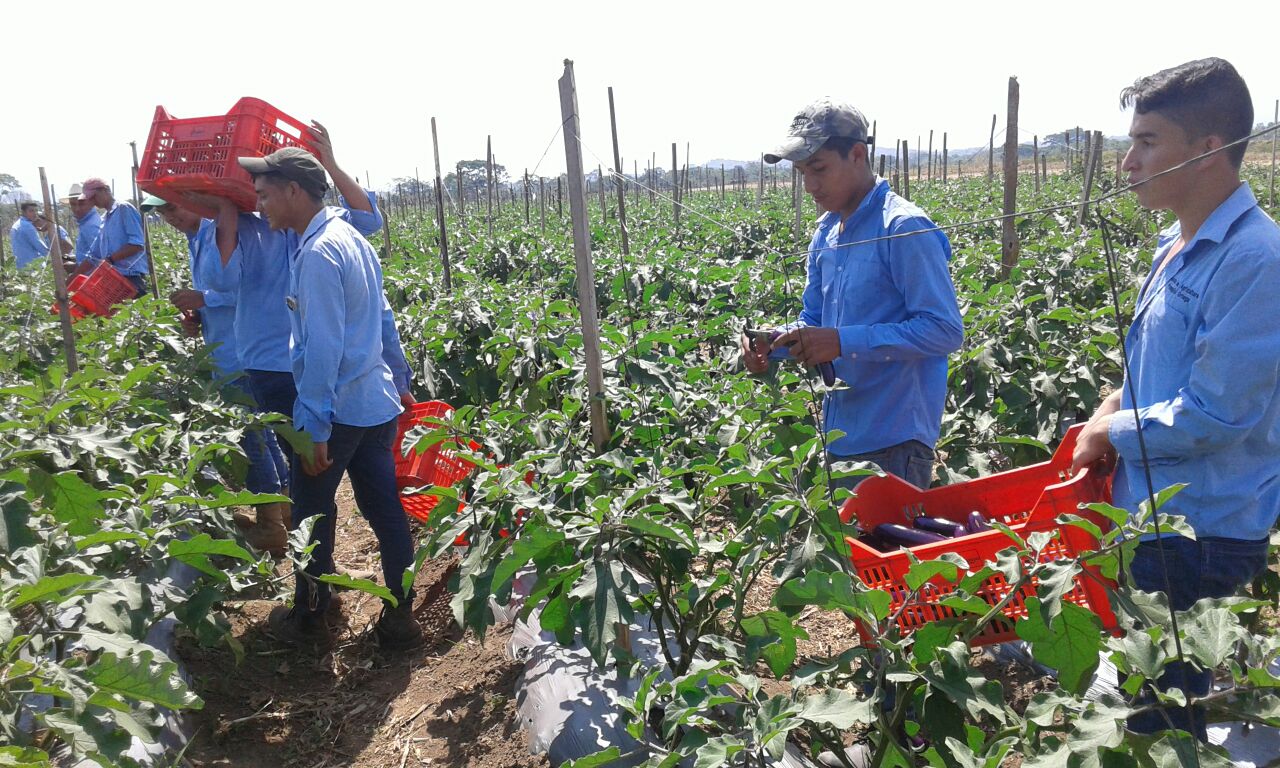Let’s imagine for a moment the life of Carlos, a 17-year old student attending high school in Latin America. Right after school, Carlos goes straight to the auto repair shop close to his house, where he works part-time. In a few words, Carlos is a “YES-YES”, a young person who goes to school and goes to work. Although the high proportion of NEETs in Latin America is indeed worrisome, estimates based on household surveys in the region show that a considerable number of young people in Latin America (ages 16-18) study and work at the same time. In some countries, such as Brazil and Peru, there are actually more students that work and study than NEETs!
On July 15th, the world celebrates World Youth Skills Day, a reminder that our performance at work as adults depends on the skills and abilities that we acquire when we are young through a combination of education and experience. Therefore, this date becomes a good moment to ask: is it worth it for Latin American high school students to balance study and work at the same time? And more importantly, what role can the education system play to maximize the professional success of those who do?
For many experts, the idea of adolescent or youth employment is directly associated with less time available for studying as well as with the development of behaviors that could threaten students’ permanence in school. However, another group of experts are convinced that employment provides unique opportunities for the development of skills that are essential for a successful transition to the labor market, such as managing time (Horn, Peeter and Rooney, 2002) or dealing with personal finances. Employment can also allow for more opportunities for interaction with an extended group of adults, other than parents and teachers, which could lead to the development of essential socioemotional skills (Finch et al, 1991). Furthermore, research from the United States shows that adolescent employment can have positive effects when work is stable and does not exceed 20 hours a week (Mortimer, 2010; Green and Staff, 2012).
The International Labor Organization (ILO) sees the culture of youth employment as an opportunity for youth to contribute to the well-being of their families and gain exposure to valuable experiences that allow them to become productive members of society. However, the ILO also recognizes that for youth to truly benefit from the participation in the labor market, work should not affect their health, optimal personal development or their educational experience. Parents and public authorities are therefore responsible for ensuring that available jobs are carried out under safe environments and do not lead to exploitation. Labor regulations, for instances, must be stricter for those tasks carried out by young people.
A healthy culture of youth employment has a huge potential to generate synergies between the experience at school and at work, maximizing youth’s potential. Dual education models in the region, inspired by the German model, focus purposely in taking advantage of those synergies through a philosophy of “learning by doing”, hence developing skills to solve everyday problems. In other contexts, especially those with a limited private sector, some models have emerged that expose students to work experience under the guidance of a school program, such as the Fundación Fabretto centers in rural Nicaragua or the student cooperatives of the REPACE program in Honduras. The reach of these initiatives is often limited, which calls for education systems to generate opportunities to reinforce and complement the skills that millions of youth have learned through employment, while also allowing for the expansion of the knowledge that the whole student body receives about how the labor market works.
Many studies have shown that graduates of education systems in Latin America often do not meet the needs of the region’s labor markets. The missing abilities and competencies could be developed by increasing the connection between the experiences that young people — like Carlos, the young man at the beginning of this post — are already having. Now is the time to include them in our education process!



Leave a Reply